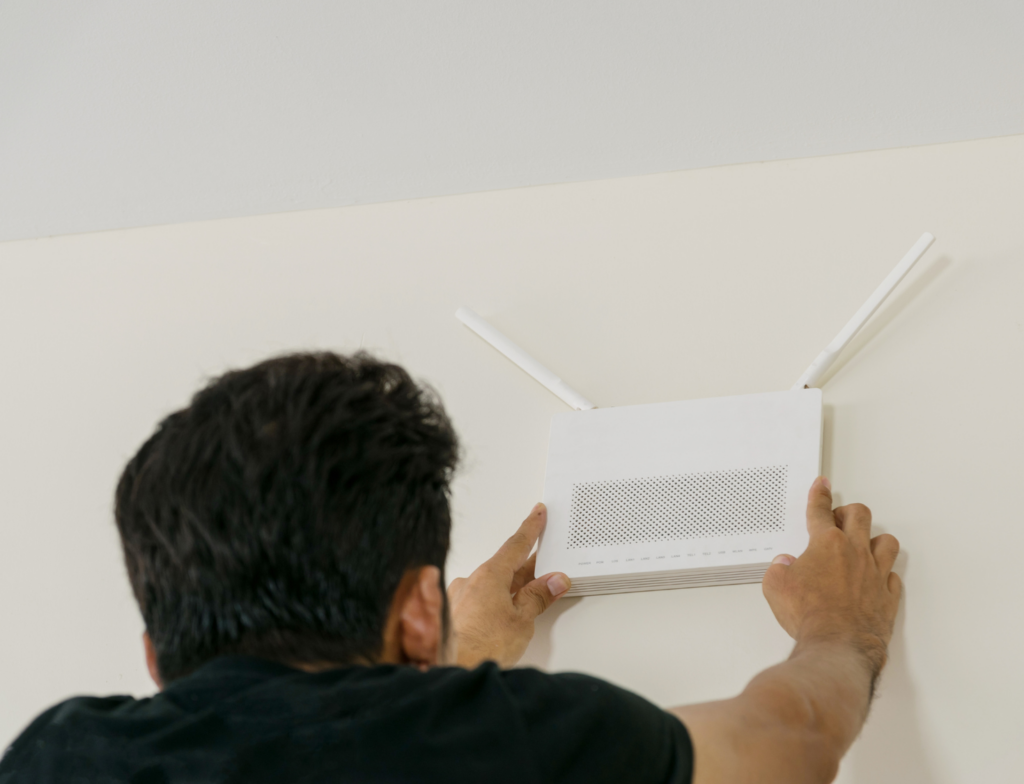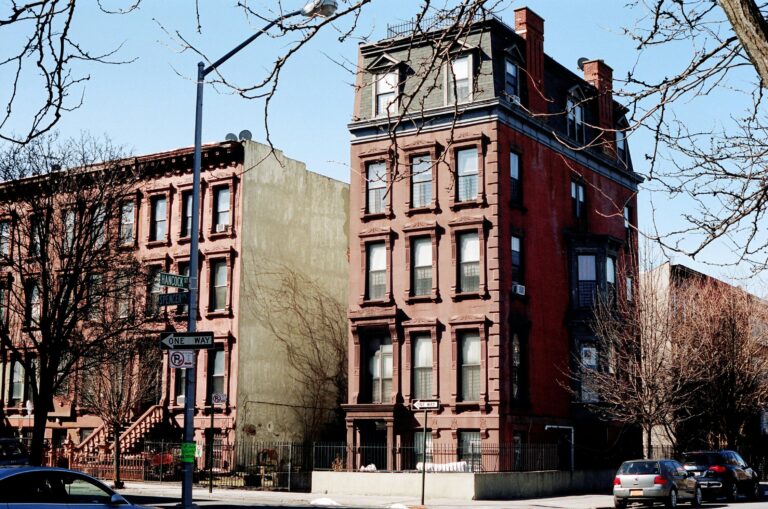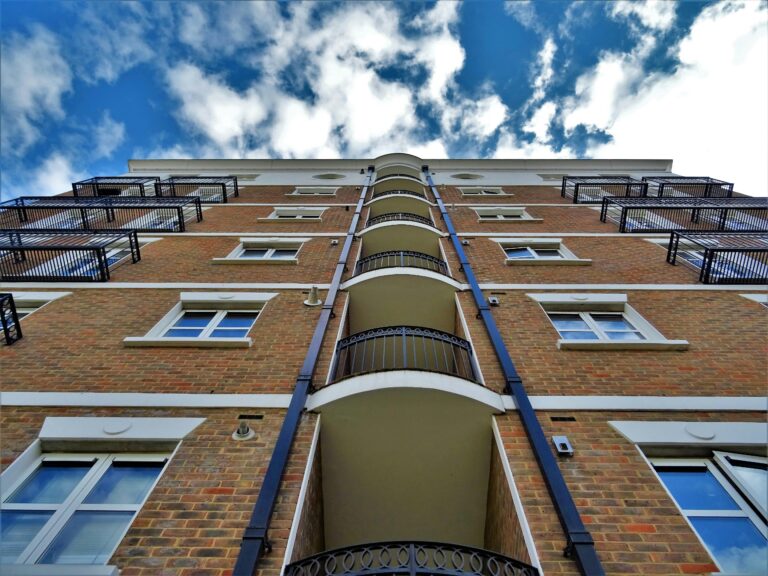Access to affordable, high-speed internet is no longer a luxury but a necessity to thrive in the modern world. Yet, in Chicago and cities nationwide, Multi-Dwelling Units (MDUs) such as apartment buildings and public housing often remain at the center of the digital divide. An estimated 23% of households that make up the broadband affordability gap are MDU residents.
Recognizing this critical gap, Chicago’s Digital Equity Council prioritized connecting MDUs in its latest Neighborhood Broadband Request for Proposals (RFP). This $50 million initiative could connect up to 130,000 households to high-speed internet—an endeavor that EducationSuperHighway is proud to have helped shape through our technical expertise and advocacy. The City is focusing on the 25 neighborhoods with the lowest home internet connectivity rates and is open to all technologies, deployment methods, and ownership or partnership models to address the digital divide.
RFP Summary
| Subject | Neighborhood Broadband Request for Proposals |
| Eligible Vendors | Internet Providers, Managed Service Providers, Municipal Broadband Providers, and Partnerships |
| Release Deadline | November 15, 2024 |
| Submission Deadline | December 31, 2024 |
| Review Deadline | January 30, 2025 |
| Contact | broadband@chicago.gov |

Collaborative Solutions for Digital Equity
EducationSuperHighway has long championed digital equity solutions that meet communities where they are, and Chicago’s Neighborhood Broadband RFP provided an opportunity to turn advocacy into action. This partnership began with our response to an RFI issued in 2022. Our response provided a clear case for why MDUs must be central to any broadband initiative aimed at bridging the digital divide.
- Empowering Economic and Social Mobility: Reliable internet access supports education, employment opportunities, telehealth services, and access to government resources, helping residents improve their quality of life and financial stability.
- Maximizing Funding Impact: Apartment Wi-Fi programs can be funded through a combination of federal and local municipal funding sources.
- Accelerated and Scalable Deployment: Apartment Wi-Fi installations can be implemented quickly, providing immediate connectivity to residents and expanding digital inclusion in underserved communities.
By prioritizing MDUs in its strategy, the City is closing connectivity gaps and creating a scalable model for other urban centers to follow, ensuring that no community is left behind in the digital age.
Local Governments Can Close the Digital Divide
Cities actively seeking to close the digital divide can follow Chicago’s example by leveraging the MDU Community Connect Program. The best-practice grant model and accompanying resources provide cities with the tools and strategies to fund building-wide Wi-Fi networks in low-income affordable housing. Designed to address challenges such as lack of competition, unaffordable or unreliable service, and areas often overlooked by traditional broadband programs, this scalable and cost-effective solution adapts to the unique needs of your residents, communities, and vendors while leveraging various funding sources.
We believe in the power of public-private partnership in enacting lasting change, and encourage municipalities nationwide to follow Chicago’s lead and explore how EducationSuperHighway can support your broadband funding efforts. We can provide provide expert pro bono support including model language to include in RFPs, data on which MDUs require unit-level connectivity solutions, assisting with building owner education and outreach; facilitating dialogues with ISPs and MSPs, and advising on procurement strategies and the design of MDU-specific grant programs.
Contact us today to learn how we can help your city create its own apartment Wi-Fi program and bring digital equity to affordable housing communities who need it most.




